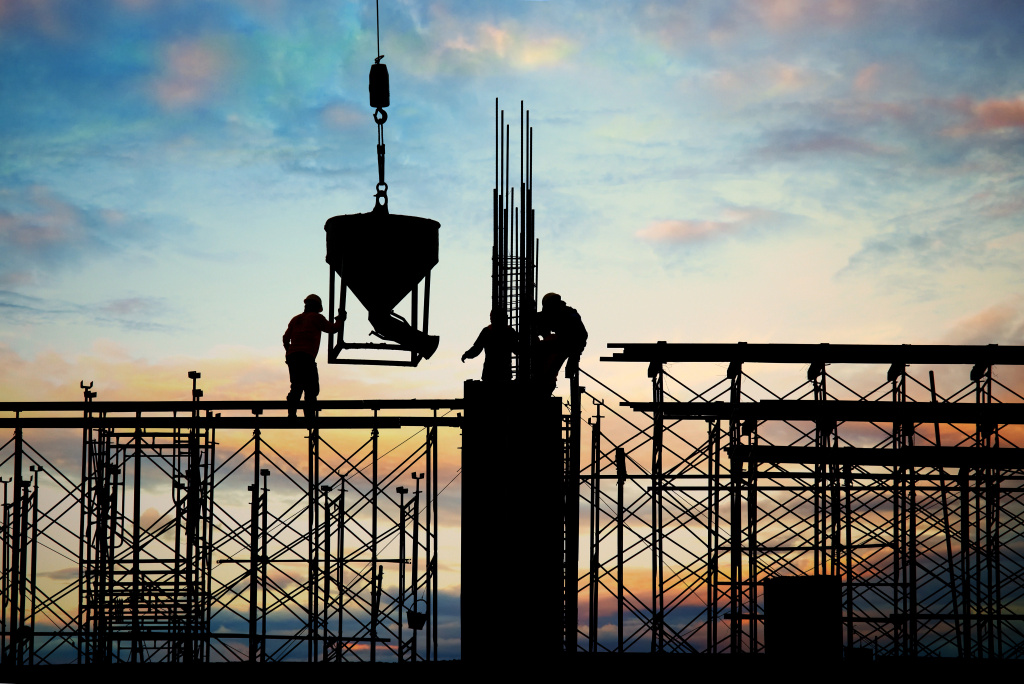Building costs in Saudi Arabia increased by 0.7% year-on-year in July, driven mainly by rising diesel prices and higher equipment rental rates, according to the General Authority for Statistics (GASTAT).[?]
Residential and Non-Residential Trends
The residential sector, which accounts for 77.5% of the Construction Cost Index (CCI), rose by 0.7% compared with July 2024. Non-residential construction costs increased by 0.6%.
Equipment and machinery rentals experienced the sharpest increase, up 1.8% overall, with unoperated equipment rentals rising by 2.5%.
Energy costs also added pressure, with diesel prices soaring by 27.3% year-on-year, contributing to a 9.9% rise in overall energy costs. Labor costs grew by 1.5% in the residential sector and 1.2% in non-residential projects.
These increases were partially offset by a 0.7% decrease in the cost of basic materials, led by declines of 2.1% in wood and carpentry products and 1.9% in metal products.
Regional and Market Context
The increase comes as demand intensifies due to Saudi Arabia’s Vision 2030 giga-projects, which continue to absorb labor and materials. Across the Gulf, similar pressures exist, although trends vary: the UAE’s diversified project mix and stronger supply chains have moderated cost inflation.
According to cost consultancy Stonehaven, tender prices are expected to rise 7.4% in Saudi Arabia, compared with a more modest 2–5% increase projected for the UAE in 2025.
Launch your business the smart way
Manage projects with a 360° project view
Request a demo
Monthly Developments
On a month-to-month basis, July showed stronger inflationary momentum. Residential construction costs rose by 0.4% from June, fueled by a 1.1% increase in labor. Non-residential costs increased by 0.5%, reflecting a 1.3% jump in labor and a 0.8% growth in rental fees.
For contractors, July’s data signals rising pressure on profit margins. Diesel costs and equipment rental fees are rising faster, while labor costs are steadily increasing across both residential and non-residential projects.
Declines in wood and metal prices have softened the blow, but not enough to offset broader inflation. Because Vision 2030 projects continue to absorb resources, tender prices are projected to rise sharply. That’s why firms will need stricter cost controls, smarter use of rentals and fuel, and tighter risk allowances to stay competitive.

Anna Fischer
Construction Content Writer

See FirstBit ERP solutions in action
Discover how our system solves the unique challenges of contractors in a personalized demo.
After the demo you will get a quotation for your company.
After the demo you will get a quotation for your company.











